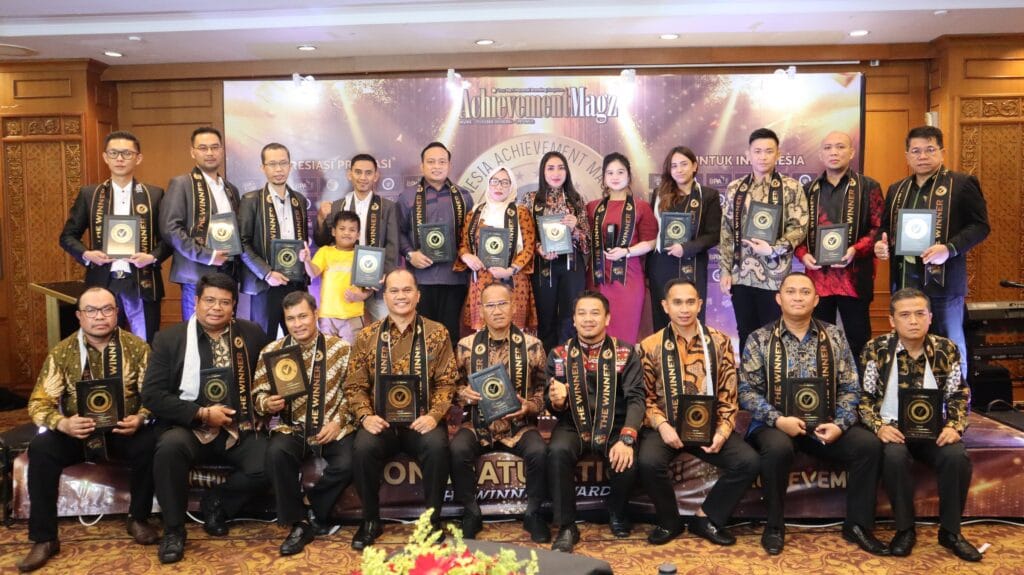JAKARTA – The contrast between Japan and Indonesia in handling corruption scandals could not be more stark. In Japan, a deeply ingrained culture of shame compels public officials caught in scandals to resign swiftly, and in extreme cases, some have even taken their own lives as an act of atonement. Meanwhile, in Indonesia, a nation that prides itself on religious and moral values, corruption remains a persistent issue, often with little to no lasting consequences for those convicted.
This raises a fundamental question: why has Japan developed such an unforgiving stance on corruption, while Indonesia continues to struggle with a system that allows corrupt officials to retain influence even after serving prison sentences? The answer lies in the historical, cultural, and political foundations that shape each nation’s perception of honor, accountability, and justice.
For centuries, Japan has upheld a stringent moral code that emphasizes personal responsibility and public integrity. The roots of this culture can be traced back to the bushido era, where samurai warriors adhered to a strict code of honor. This set a precedent for absolute accountability, where failure to uphold ethical standards could lead to voluntary self-sacrifice. The practice of seppuku, or ritual suicide, was historically performed by samurai who had failed their duty, ensuring that honor was preserved even in death. This concept of shame-driven accountability persisted through Japan’s transition into a modern nation-state, influencing its political and corporate spheres.
One of the most striking examples of this cultural phenomenon in modern times was the case of Toshikatsu Matsuoka, Japan’s Minister of Agriculture, Forestry, and Fisheries. In 2007, he was found dead in his apartment, having hanged himself just hours before he was scheduled to testify in a corruption investigation regarding the misuse of government funds. His death was a grim reminder of how deeply shame is embedded in Japanese political culture. A similar instance occurred with Keishu Tanaka, Japan’s Minister of Justice, who resigned in 2012 after reports surfaced linking him to yakuza groups. While Tanaka did not go to the extreme of ending his life, his immediate resignation reflected how the weight of public scrutiny can lead to swift consequences in Japan.
Even cases that might seem minor by global standards have led to resignations in Japan. In 2019, Isshu Sugawara, Japan’s Minister of Trade and Industry, stepped down after it was revealed that he had provided expensive fruit and condolence money to voters—actions considered a violation of Japan’s strict electoral laws. Despite the relative insignificance of the offense compared to large-scale corruption cases seen in other nations, the breach of ethical conduct was deemed unacceptable, prompting his resignation.
The strong emphasis on shame as a deterrent to corruption can also be seen in Japan’s corporate world. Business executives embroiled in scandals often step down immediately, sometimes holding press conferences where they bow deeply before the public as an act of apology. In extreme cases, suicides linked to professional dishonor have been reported, further underscoring the lengths to which individuals will go to maintain their dignity.
In stark contrast, Indonesia’s handling of corruption cases paints a different picture. Instead of resigning in disgrace, many Indonesian politicians convicted of corruption are able to re-enter politics after serving their sentences. In some instances, convicted officials are even celebrated upon their release, welcomed back into society as if their crimes had little impact on public trust. The absence of a strong culture of shame has allowed corruption to persist as a systemic issue, undermining efforts to instill genuine accountability within the political system.
Unlike Japan, where centuries of Confucian and samurai influences shaped a rigid code of honor, Indonesia’s historical governance structures did not cultivate the same level of personal accountability. Although the country upholds religious and moral values that should, in theory, discourage corruption, these principles have not translated into strict enforcement mechanisms. Instead, political patronage and a forgiving electoral system allow convicted officials to regain power, sending a message that corruption does not carry lasting consequences.
Japan’s culture of shame operates as an informal yet powerful check on political misconduct, forcing officials to take responsibility beyond the confines of the legal system. Until Indonesia adopts a similar sense of collective accountability, corruption will remain an enduring challenge, undermining the country’s pursuit of transparent governance and ethical leadership.








